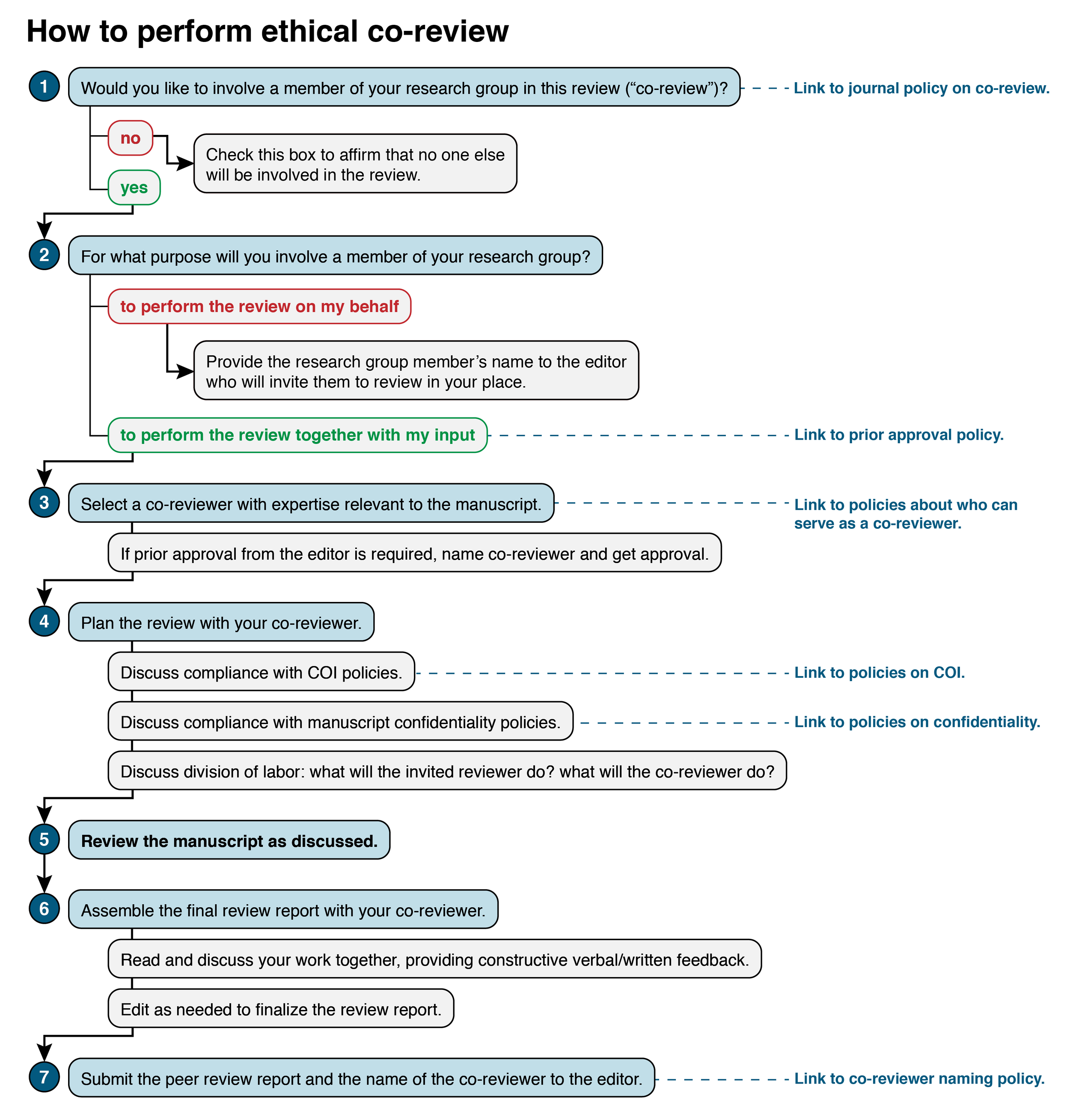Recognizing early career peer reviewers: our systemic recommendations
Undergraduates, graduate students and postdoctoral researchers are carrying out peer review of research articles as part of their scholarship: but more often than not, it seems that this contribution is being hidden.
My colleagues and I have published a new paper describing how to shine a light on the excellent* scholarship being carried out be early career researchers. “How to bring peer review ghostwriters out of the dark” can be found in Molecular Biology of the Cell (if you can’t access a copy, please get in contact). In the paper, we summarize the problem that there are a huge number of peer review “ghostwriters” doing review with, or for, someone else without the journal knowing. We outline ways to systematically address this problem. Our goal is for journals to adopt these policy changes to make peer review more equitable for ECRs. If you are connected to the editorial boards of journals or leadership of your scientific societies, please let us know because we would love to reach out to them. Thanks for your partnership!
The problem could largely be addressed by journals explicitly asking whether someone else is involved in peer-review, instead of the current default language that suggests you should get prior approval from the editor before involving someone. Invited reviewers often involve someone else without seeking prior approval, and so are reluctant to admit to having done so after the fact. With language that explicitly requires invited reviewers to go on the record as to having involved co-reviewers or not - and accepting the cultural norms that mean many do not ask for prior permission - journals will be able to acknowledge the scholarship of early-career reviewers. Some journals, such as F1000Research, already do this.
To help stakeholders to make systemic change, we have proposed that journals could share a workflow with reviewers on how to perform ethical co-reviewer. We have provided a template in the paper, shown below. We have placed it here on Zenodo as an editable figure, with an open license, so that anyone can adapt and use it for their own purposes:
Is this a problem?
Why does this matter, if this information is only captured internally by the journal? Our work, and the early career researcher community itself, acknowledges that the participation of early career researchers in peer review is rampant. Many early career researchers have expressed shock that we have been able to publish papers on a problem “everyone already knows about”. But “everyone” doesn’t know about it. The senior academic community seems to have a stunning blind spot when it comes to this problem. By capturing who is carrying out peer review, journal editors will be able to acknowledge the scholarship of co-reviewers. But this will also enable them to diversify and expand their reviewer pool, which they state is one of their major concerns. They can also ensure they avoid conflicts of interest. Unknown participants in peer review undermine attempts to carry out peer review ethically, with the potential to undermine trust in the peer review process as a whole.
In the paper, we summarize the benefits to adopting recommendations for ethical co-review for all stakeholders, shown below. We believe that increased recognition of the scholarship of early career researchers will improve training, the efficiency and standard of peer review, and the diversity and size of the peer reviewer pool. This last point is a key step to improving equity and inclusion in publishing as a whole, a key goal recently stated by a number of publishers.
We hope you find the paper useful!
Do you have any comments? Would you like to help us to move forward and contact journals and publishers about this issue? Please leave comments below, or get in touch!
*What literature there is comparing early with later career researchers in peer review shows that editors actually find early career researchers to be better at peer review. You can find our discussion on this in our first preprint on the topic.


